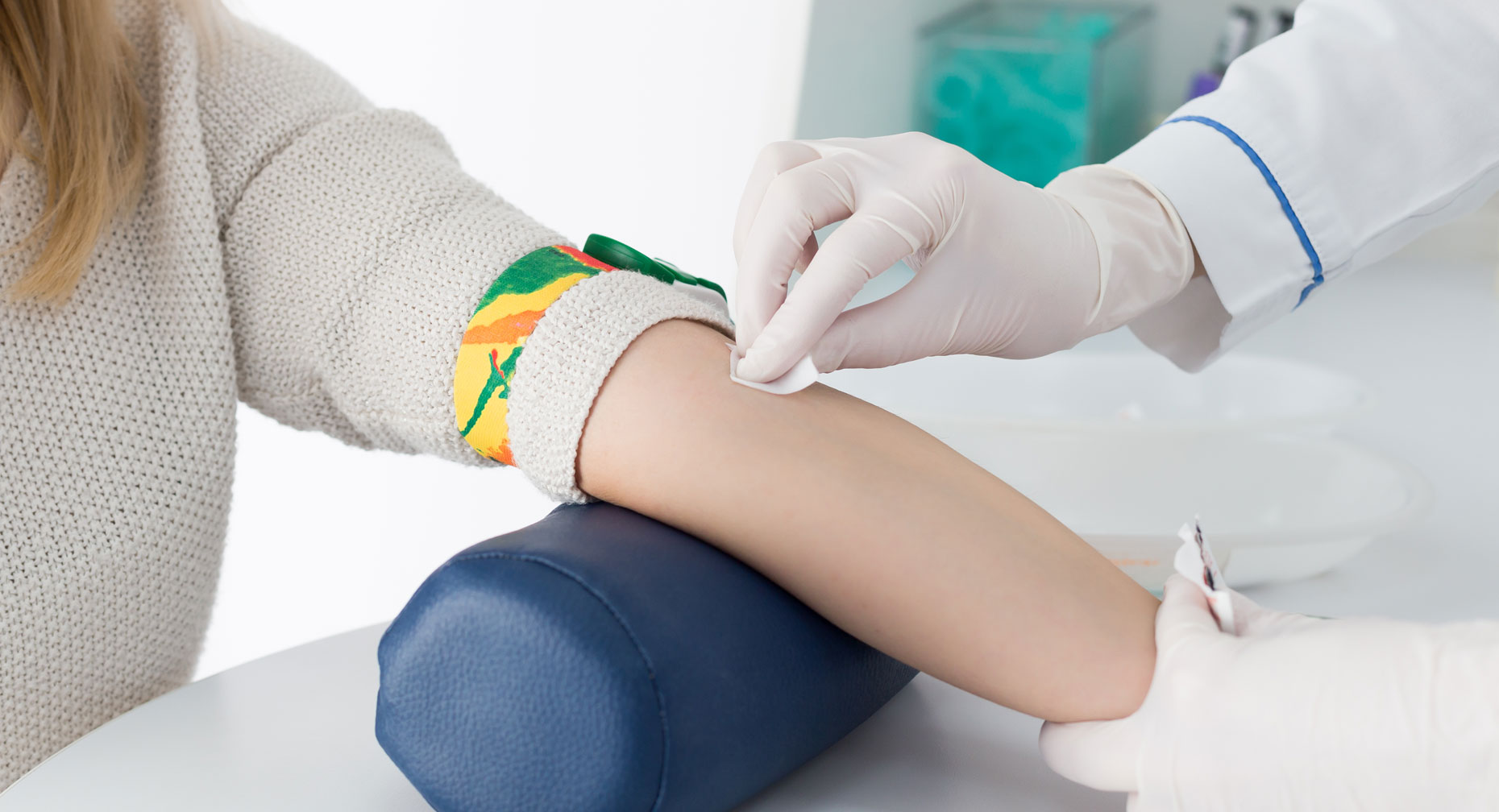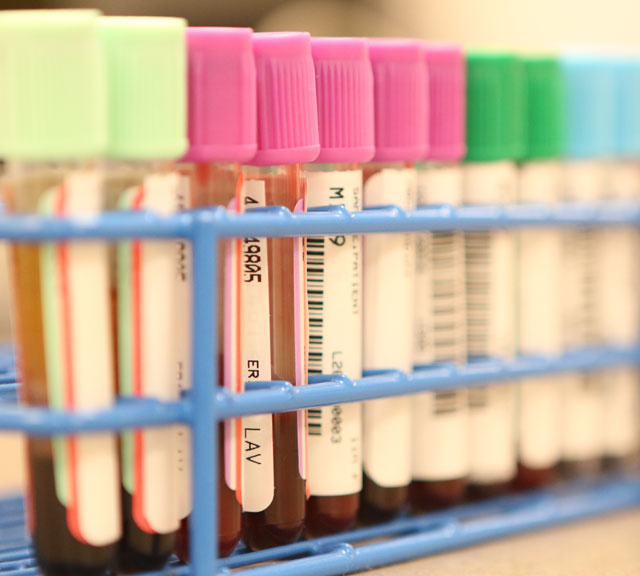Are My Strange Symptoms Hashimoto’s Disease?

Answer a few questions and we'll provide you with a list of primary care providers that best fit your needs.
Our bodies, for the most part, do a pretty good job of taking care of us — our immune system especially. But even that system isn’t foolproof. That’s when thyroiditis - also known as Hashimoto’s disease - can occur.
Thyroiditis is an inflammation of the thyroid, a small butterfly-shaped gland located in the front of your neck below your Adam’s apple. In most cases, thyroiditis occurs when the body's immune system makes antibodies that mistakenly attack your thyroid.
Some medications and infection can also trigger thyroiditis.
A damaged thyroid loses the ability to produce the proper level of the thyroid hormone thyroxine. Your body needs thyroxine to regulate your metabolism and hormone balance.
With Hashimoto’s disease (also known as Hashimoto’s thyroiditis), the chronic inflammation of the thyroid gland leads to a gradual decline in thyroid hormone production, eventually resulting in hypothyroidism (underactive thyroid). Hashimoto’s thyroiditis is the most common cause of hypothyroidism in the United States.
Postpartum thyroiditis is another form of the disease. Inflammation of the thyroid occurs after giving birth and often goes undiagnosed, since symptoms can mimic the “baby blues.” The condition typically occurs in two phases.
The first phase starts one to four months after delivery when the damaged thyroid leaks too much thyroid hormone into the bloodstream, causing symptoms similar to hyperthyroidism (overactive thyroid). The second phase starts about four to eight months after delivery and lasts six to 12 months or longer. Its symptoms are similar to hypothyroidism.
Thyroid health during pregnancy also deserves attention. Proper thyroid function is important not only for your health but for the health of your baby as well.
Are You at Risk for Thyroiditis?
If you have an autoimmune disease, like type 1 diabetes or rheumatoid arthritis, your risk for thyroiditis is higher. Your risk is also higher if you:
- Have a personal history or family history of thyroid disorders
- Had postpartum thyroiditis after a previous pregnancy
- Have chronic viral hepatitis
Hashimoto’s thyroiditis occurs most commonly in middle-aged women but can be seen at any age and can also affect men and children.
It’s unclear what causes the immune system to attack the thyroid after childbirth.
What Symptoms Typically Occur?
There are no symptoms unique to thyroiditis. Causes are varied, so symptoms can range from those associated with hyperthyroidism to hypothyroidism symptoms.
Many people with Hashimoto's disease may have mild or no symptoms at first. Symptoms may take years to appear and then worsen over time. An enlarged thyroid, called a goiter, is often the first sign of disease. If large, it may cause a feeling of fullness in the throat or make it hard to swallow.
In most cases, thyroiditis occurs when the body's immune system makes antibodies that mistakenly attack your thyroid.
How is Thyroiditis Diagnosed?
Your doctor can perform laboratory tests to determine if you have thyroiditis, and, if so, what type of thyroiditis you have.
She’ll likely sample your blood to measure your thyroid stimulating hormone (TSH) and possibly thyroid hormone (T4) levels. She also may order an antibody blood test that looks for antibodies associated with Hashimoto's disease. Most people with Hashimoto's disease have specific antibodies that people with other causes of underactive thyroid do not have.
In some cases, a biopsy may be needed to determine what’s attacking the thyroid.
How is Thyroiditis Treated?

If you have symptoms of hyperthyroidism, your doctor may prescribe a medicine called a beta blocker to lower your heart rate and reduce any tremors you may be experiencing. Since the symptoms of hyperthyroidism may be temporary, your doctor may taper the dose as your symptoms improve.
Anti-thyroid medications are not used when hyperthyroidism is temporary, since the thyroid is technically not overactive.
For symptoms of hypothyroidism, your doctor will prescribe oral thyroid hormone replacement therapy to restore your body's hormone levels and return your metabolism to normal. With postpartum thyroiditis, treatment can be tapered since the thyroid returns to normal in 80 percent of cases within 12 to 18 months after symptoms begin.
If you have a history of postpartum thyroiditis, your risk is higher for developing permanent hypothyroidism
For pain in your thyroid gland, your doctor may recommend a mild anti-inflammatory medication like aspirin or ibuprofen. Occasionally, severe thyroid pain requires treatment with steroid therapy.
With so many factors contributing to thyroiditis, talk to your doctor about any changes in your body, mood, sleep or energy level. A simple blood test can be the start to feeling better.
Answer a few questions and we'll provide you with a list of primary care providers that best fit your needs.
Source: Womenshealth.gov; American Thyroid Association; American Academy of Family Physicians




